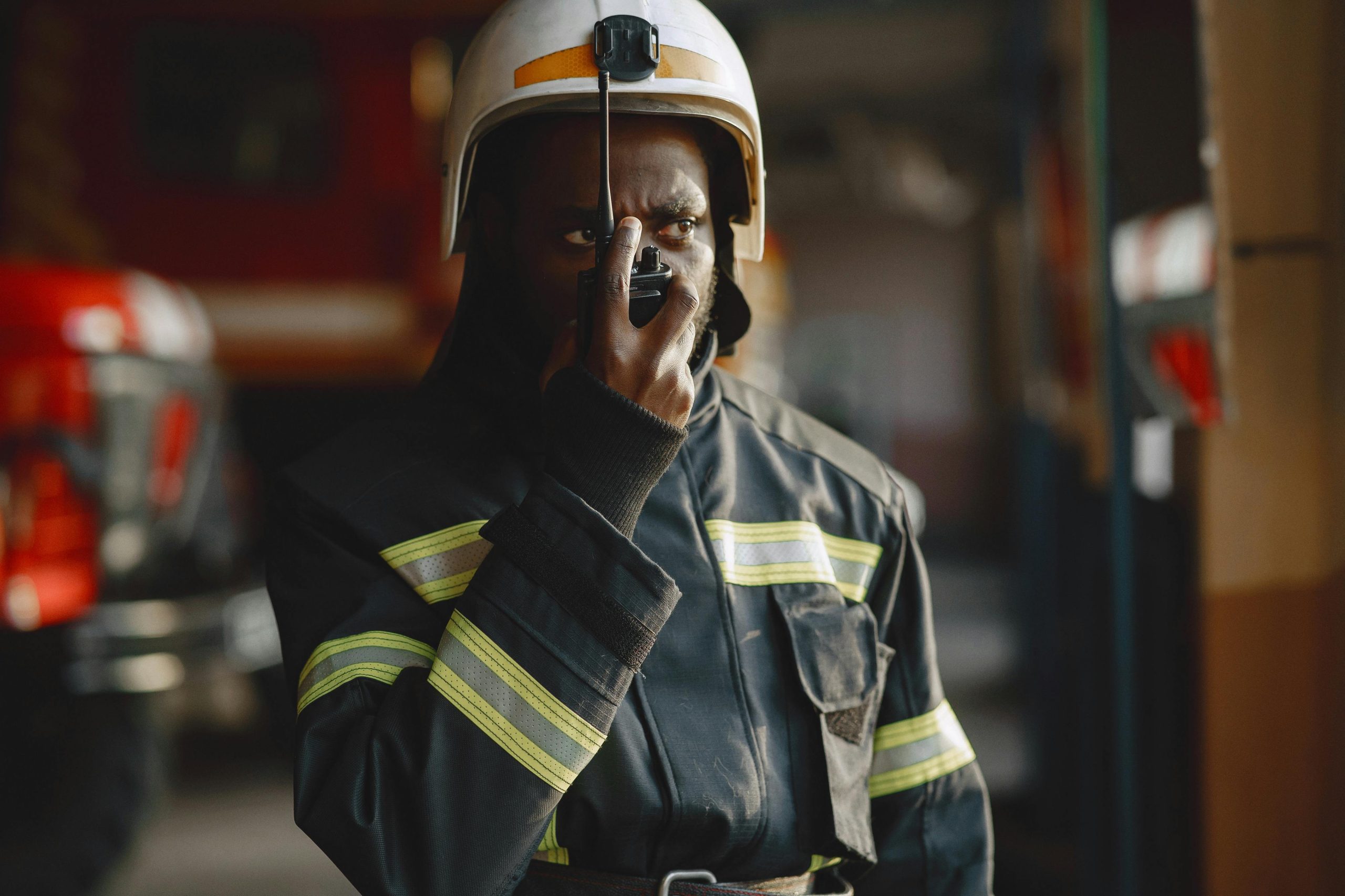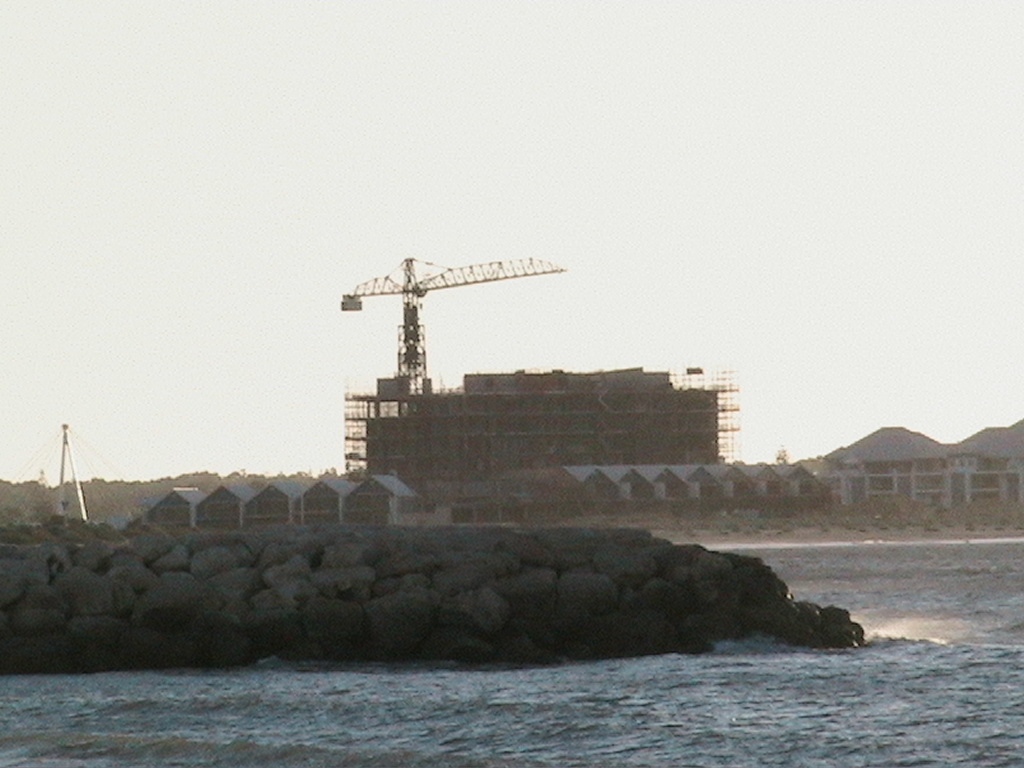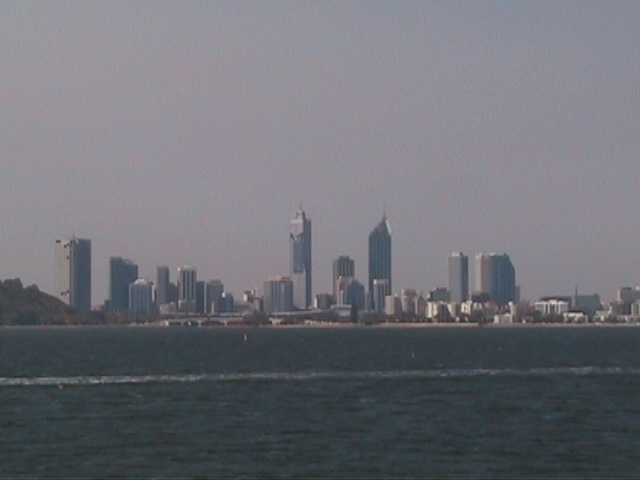The Controversy Surrounding Peter Dutton’s Remarks on Media Outlets
In a recent public statement, Australian politician Peter Dutton has drawn attention and criticism for labeling the ABC (Australian Broadcasting Corporation) and The Guardian as “hate media.” This assertion has sparked a heated debate about the role of media in society and the responsibilities of public figures in addressing perceived biases.
Dutton’s remarks have been met with an immediate backlash, particularly from those who advocate for free speech and diverse media representation. Critics argue that labeling certain media outlets in such a manner undermines the fundamental principles of a democratic society, where a multiplicity of voices and opinions should be encouraged and respected.
The term “illiberal” has frequently been used by detractors to describe Dutton’s comments, suggesting that his stance reflects an intolerance for dissenting viewpoints. This controversy has reignited discussions about media freedom, accountability, and the fine line between constructive criticism and harmful rhetoric.
As the discourse continues to unfold, it remains vital to examine the implications of political figures making sweeping judgments about media organizations. How these dynamics influence public perception and the broader implications for democracy are questions that warrant further exploration in our increasingly polarized landscape.
In light of these developments, it is essential for all stakeholders—politicians, journalists, and citizens alike—to engage in a constructive dialogue about the state of the media, its impact on public opinion, and the responsibilities that come with both media creation and consumption.


